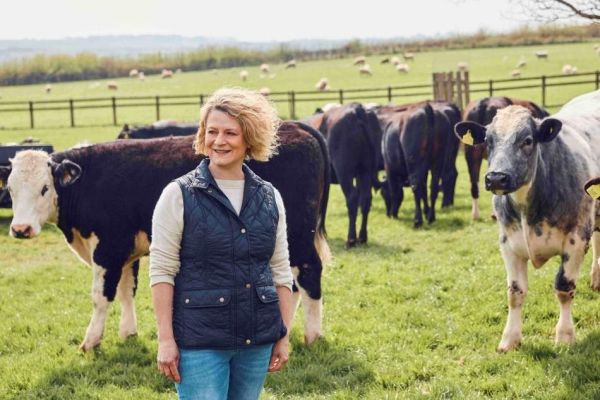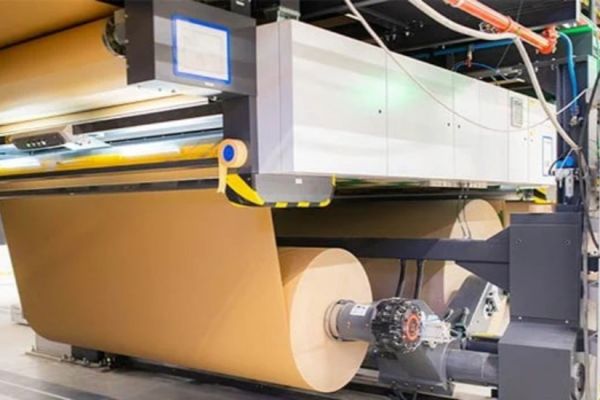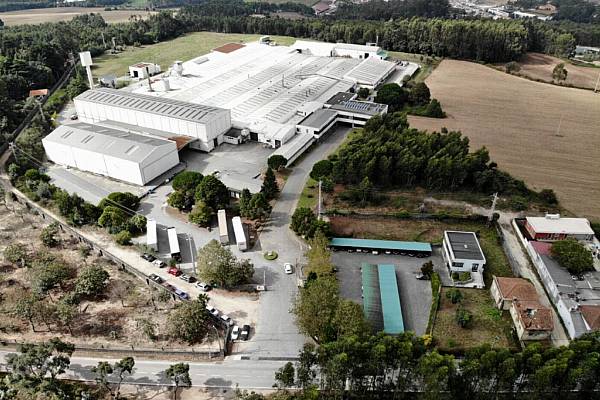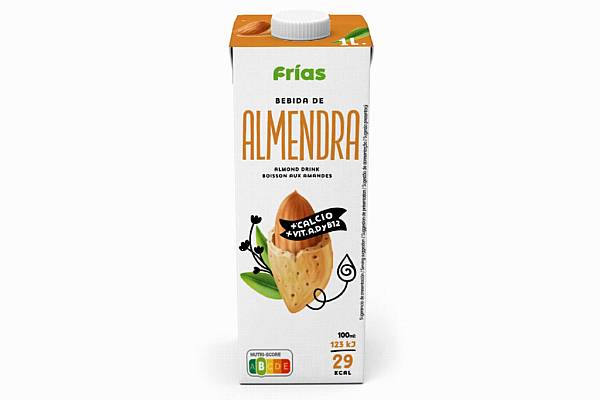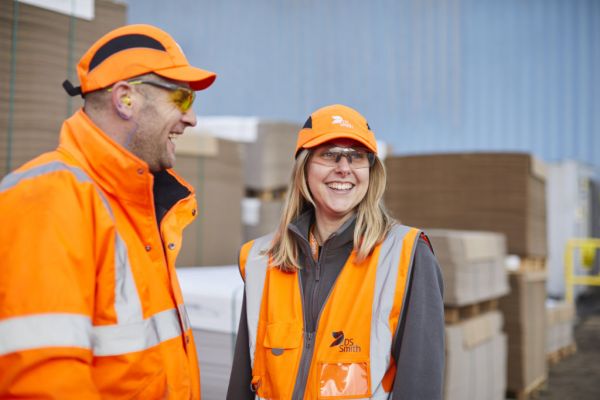More than three quarters (77%) of food and beverage firms would be willing to accept cost-related trade-offs associated with the implementation of sustainable manufacturing and processing solutions, a new study by Tetra Pak has found.
When asked 'Please evaluate the willingness of your company to accept various trade-offs while implementing sustainable solutions within manufacturing/processing area', 41% of respondents said that they would 'definitely' accept cost-related trade-offs, 36% will 'probably' accept cost-related trade-offs, 10% 'neither won’t nor will' accept, 11% 'probably won’t' accept, and 3% 'definitely won’t' accept cost-related trade-offs.
According to the study, which sought to determine the level of commitment from food and beverage business leaders on sustainability, three out of the top five commitments made by firms in this segment involving the reduction of plastic usage.
Half of those surveyed cited customer demand as the main catalyst behind implementing new sustainable solutions in their manufacturing and processing operations.
Tipping Point
According to Tetra Pak, the focus on environment impact among food and beverage businesses is at a 'tipping point', with a pressing need to adopt practices that decarbonise the world’s food systems.
Tetra Pak asked respondents as to how packaging and processing suppliers can contribute to this process, with two thirds (65%) of companies identifying the importance of new product developments and innovation.
'A Critical Moment'
“The food and beverage industry is at a critical moment, rethinking its way of doing business to help address the climate emergency and dealing with the inevitable impact this has on their operations and solutions," commented Gilles Tisserand, vice president, Climate & Biodiversity, Tetra Pak
"They are looking to suppliers to help them thrive in an increasingly competitive market, and we remain committed to playing our part, keeping the innovation engine running to develop new research, collaborative ecosystems and product offering.”
According to Tisserand, the company's approach to innovation is driven by "renewability and recyclability, ensuring the decarbonisation and circularity of materials and addressing the need for sustainable food packaging. Findings such as the fact that cartons are considered by consumers to be the most ‘environmentally sound’ beverage package, while plastic is considered the least, are a testament that we are on the right path.
"You only need to look at the fact that we sold 46% more packages made with plant-based polymers in 2023 compared to 2021 to see that the industry is committed to change.”



